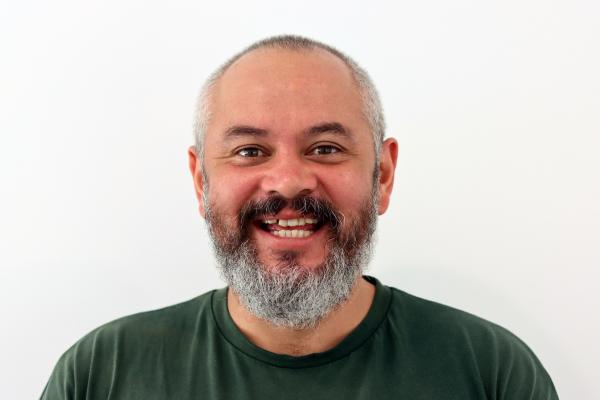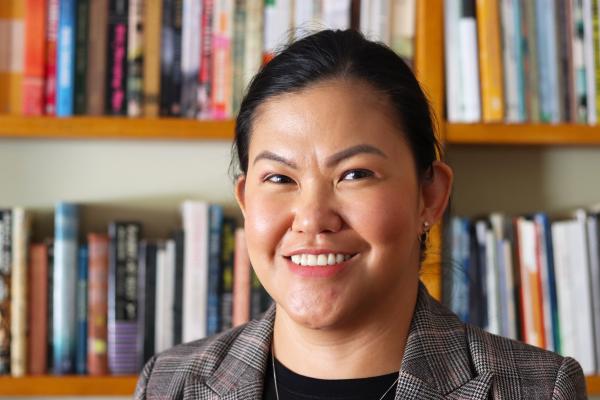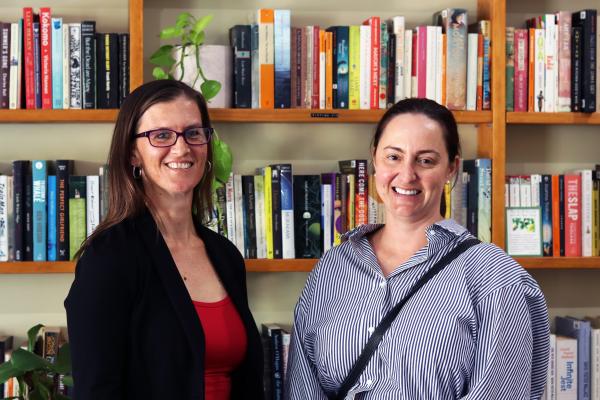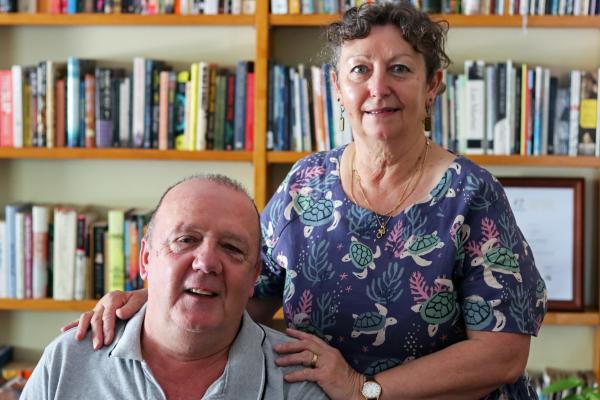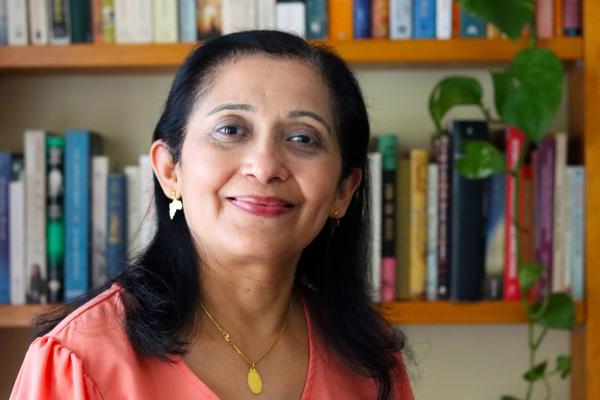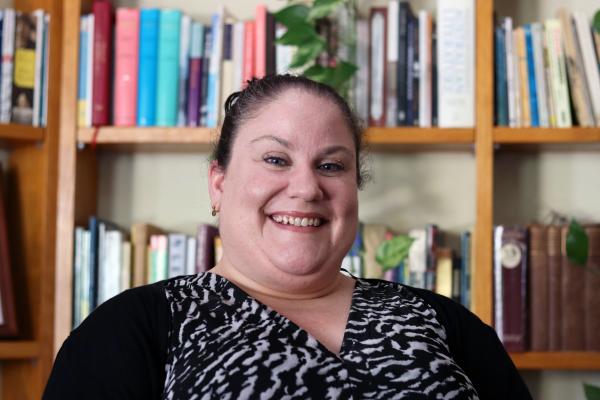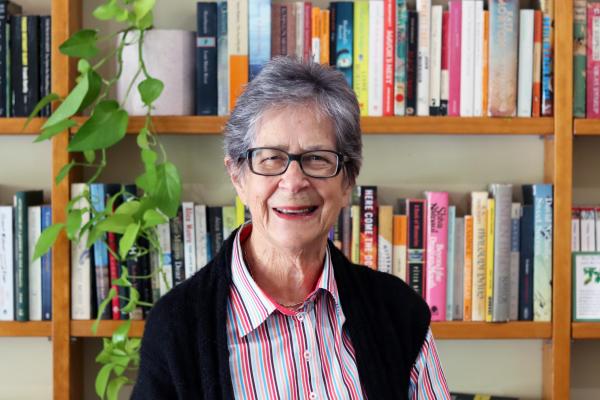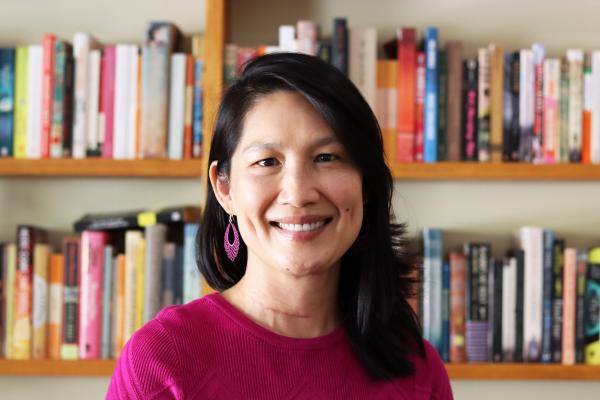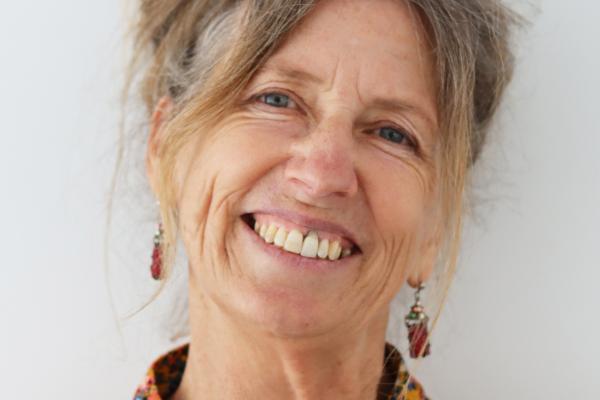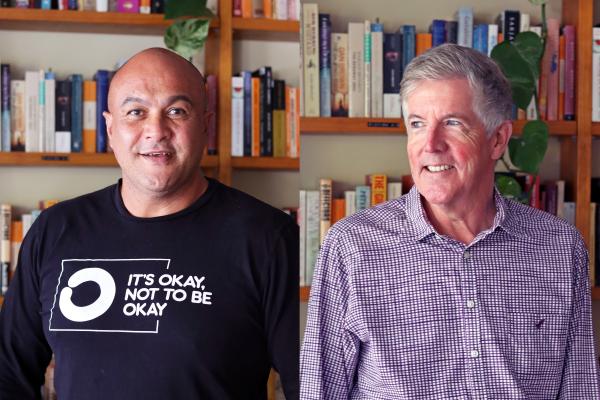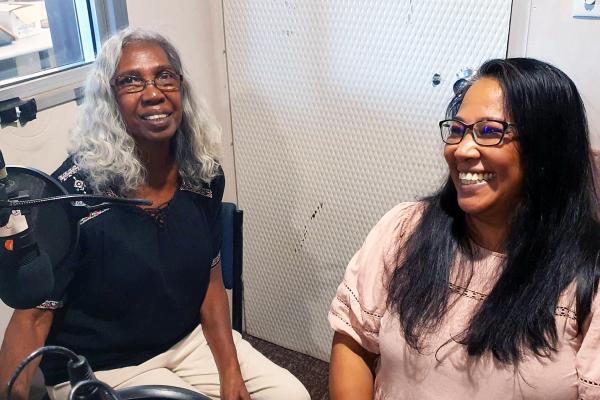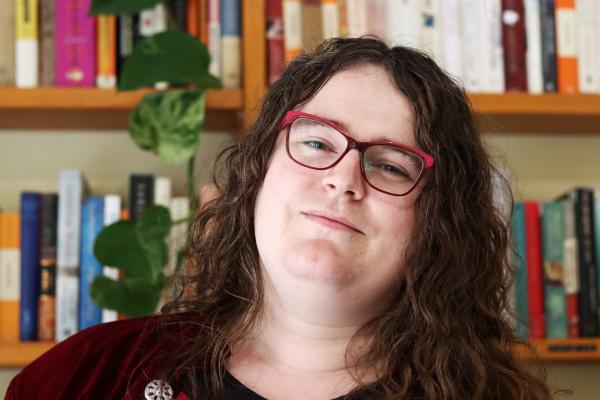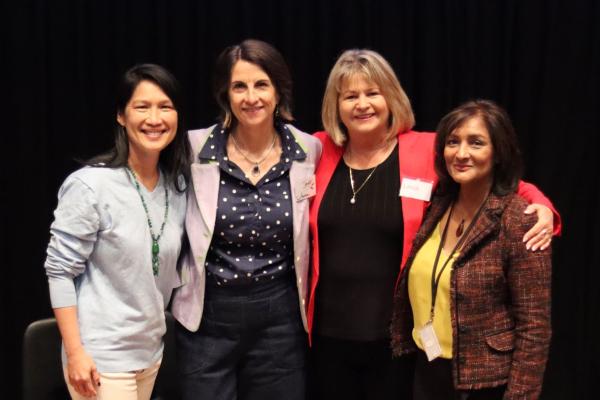These stories aim to break the taboo of talking about death and dying, through sharing the real experiences of West Australians who have experienced it first-hand.
Moving, raw and at times, astounding, Death and Dying is a new collection of stories recorded by the Perth-based arts and cultural organisation, Centre for Stories, that explores death as both the most inevitable part of life, but also a topic that many shy away from. Despite our rapidly ageing population, the COVID pandemic constantly reminding us of the fragility of life and the clear necessity to consider our own deaths more carefully, death is often swept under the rug, particularly in the Western world.
Presenting a diversity of topics, cultural perspectives and ideas, these 13 stories unpack complex issues such as end-of-life care, the eternal journey of grief, and voluntary assisted dying.
You can also listen to the playlist on Soundcloud.
This oral history collection was commissioned by the State Library of Western Australia and produced by Luisa Mitchell from the Centre for Stories. Narration by Luisa Mitchell, editing by Mason Vellios and special thanks to executive producer and interviewer, Rita Alfred-Saggar.
